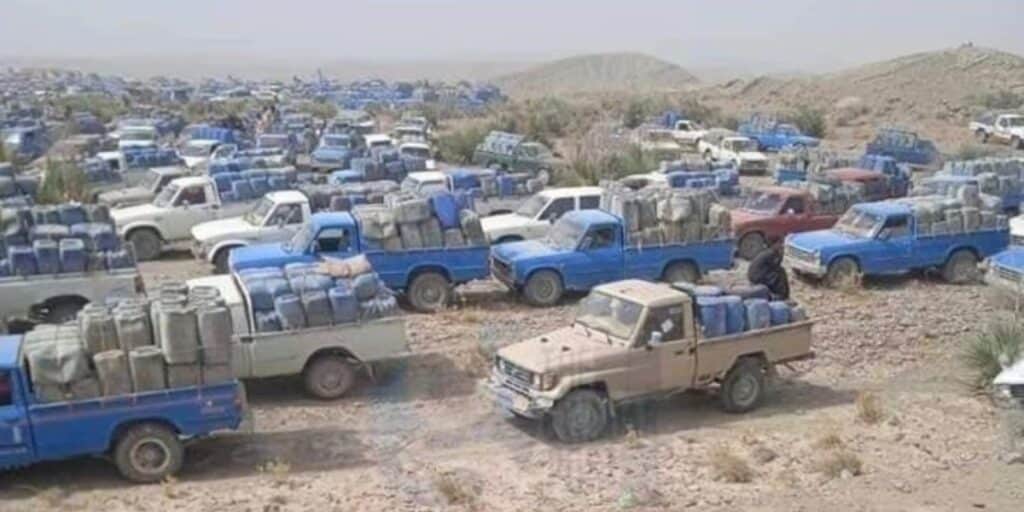Quetta – Smuggling on Balo delivers no benefit and instead inflicts deep harm on both the economy and the environment.
In new Balochistan news updates , Global losses from this illicit trade are estimated at nearly 20 trillion dollars, while Pakistan absorbs an annual hit of about eight billion rupees.
Economists warn that the practice cripples’ domestic industries, erodes tax revenues and undermines long-term economic stability.
Officials stress that only strict laws, vigilant border control and sustained public awareness can halt the damage.
For Balochistan, the stakes are particularly high.
Over the past two decades the province has been at the center of Pakistan’s struggle against cross-border smuggling, its vast and rugged frontiers with Iran and Afghanistan providing natural routes for illegal trade.
Cheap Iranian fuel, consumer goods, vehicles and even essential food items have moved across these porous borders in enormous quantities, bypassing customs and depriving the treasury of billions.
Studies by the Federal Board of Revenue have repeatedly flagged annual losses of tens of billions of rupees from fuel smuggling alone.
Authorities have mounted periodic crackdowns: customs teams, Frontier Corps units and local law-enforcement agencies have set up joint check-posts, seized tankers and shut clandestine depots.
Balochistan News Updates
In recent years, modern surveillance equipment and drone monitoring have been introduced to tighten control.
Yet officials concede that the difficult terrain, limited manpower and the dependence of local communities on informal trade have kept the problem alive.
Environmental concerns add to the urgency. Smuggled fuels are often of poor quality, raising air-pollution levels and damaging vehicles and infrastructure.
Economists argue that without long-term development plans to provide legal livelihoods, enforcement alone will not solve the issue.
As the federal and provincial governments intensify operations, analysts say a comprehensive approach is essential: coordinated border management, tougher penalties for traffickers, and economic alternatives for residents.
ALSO READ: Khuzdar smuggling routes remain active amid government crackdown claims
Until then, Balochistan remains both the frontline and the testing ground in Pakistan’s wider battle against smuggling—a fight that continues to drain the nation’s economy and threaten its environment.





